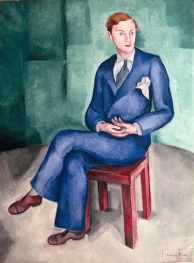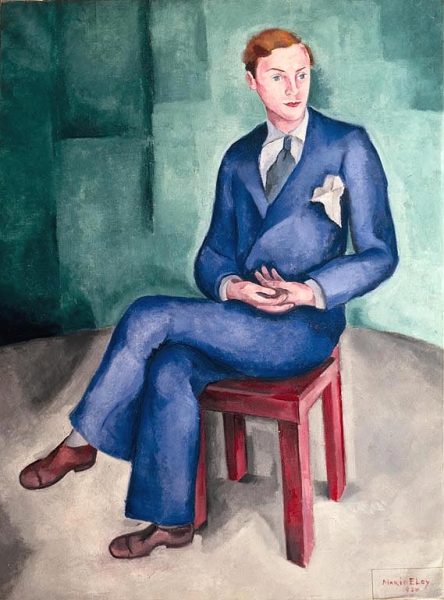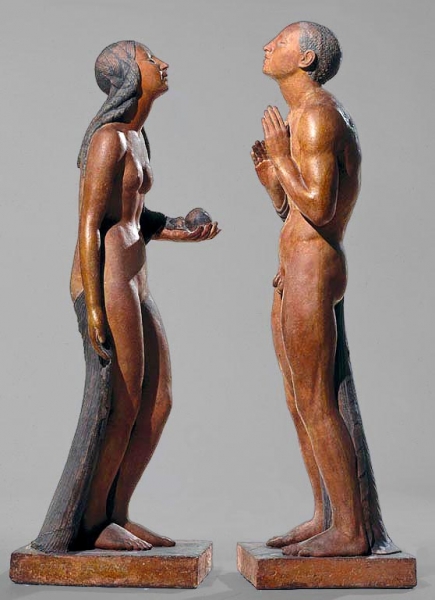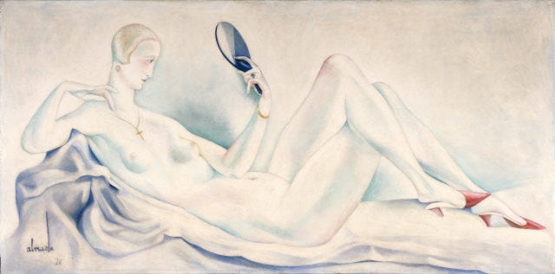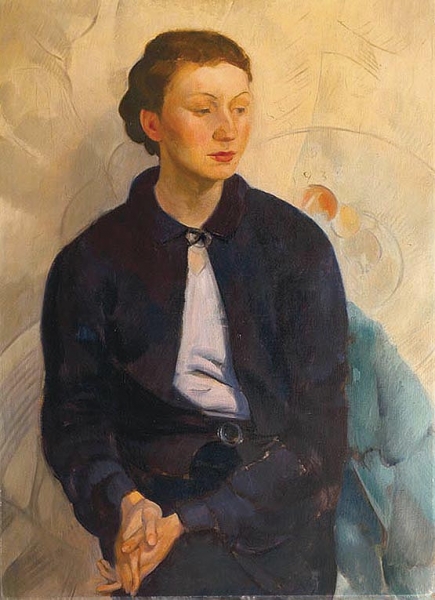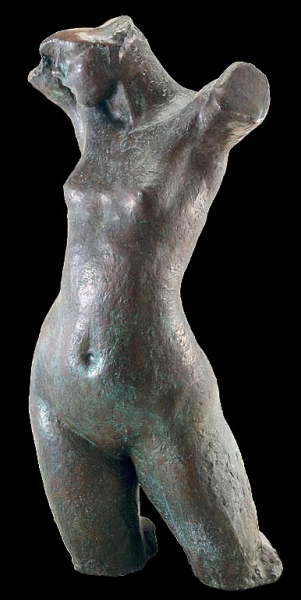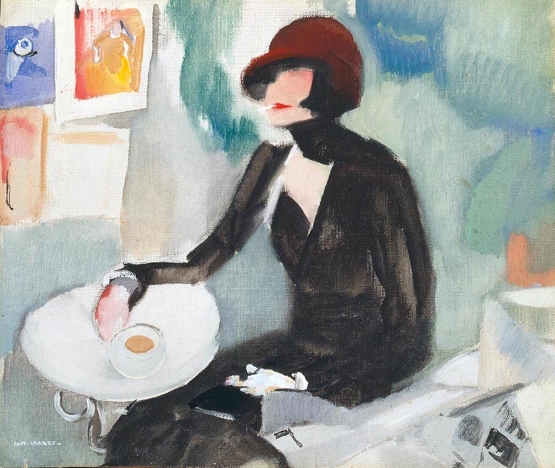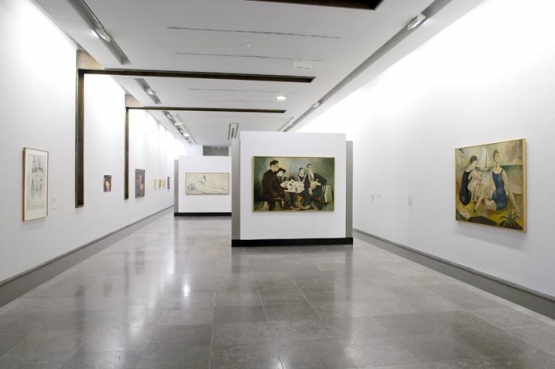Art Deco, (a term coined in the 1960s) or ‘the 1925 Style’ as it is also known, in reference to the major International Exhibition of Modern Industrial and Decorative Arts held in Paris during that year is, in these times of crisis, enjoying a worldwide resurgence of interest.
An eclectic and decorative fusion of the legacy of early twentieth-century avant-garde art such as fauvism, cubism, futurism, expressionism and even abstraction, and the influence of modern decorative movements (the Viennese Secession, French and German graphic arts of the turn of the century and the Ballets Russes), Art Deco was the world’s first international and global style. Aspiring to becoming the ‘total work of art’ (a source of daily inspiration) proposed by Wagner in the nineteenth century, it embraced every form of artistic expression and every aspect of daily life and spread, during the 1930s, from France to the rest of Europe, the United States, South America, Africa, China, Australia and Japan.
The aesthetic promise of happiness offered by Art Deco, an antidote to the trauma of the First World War, was also a palliative against the economic crisis of the 1930s, and the movement lasted until the Second World War.
In Portugal too, Art Deco established itself with great success. Indeed, a significant percentage of Portuguese artists of the first and second modernism were totally committed to this style which, as in other countries, completely transformed the most diverse aspects of daily life. The Estado Novo itself saw the movement as an effective vehicle for propaganda and the affirmation of its authority.
The ephemeral nature of Portuguese ‘futurism’ and the concomitant weakness of the Portuguese avant-garde, the duration and isolation of the dictatorial and conservative Estado Novo and the longevity of many of the practitioners of this happy version of modernism, made Art Deco – which lasted in Portugal until around 1960 – a focus of opposition to the revered naturalism of the nineteenth century, and thus the key to the survival of modernism itself.
This exhibition of Art Deco in Portugal provides an opportunity for an innovative reappraisal of Portuguese modernism and its domination by this style, which spread from its origins in design to the so-called major forms of artistic expression, such as painting, sculpture and architecture, as well as to graphic design, advertising, scenography, cinema, the decorative arts and, finally, to daily life itself, with its modern aspirations for cosmopolitanism and happiness.
Rui Afonso Santos
Curator

